Este mês, o público pode filtrar Flores de Marraquexe na Rede Planet Classroom. This film is curated for the Planet Classroom Network by Planet Classroom.
Flores de Marraquexe, from director Yuntong Man, is a moving and unique film that will appeal to international audiences. This is the story of Nadia, a Moroccan henna artist and a single mother trying to raise two children while at the same time becoming a better creator.
The Marrakech Henna Art Café, a focal point in the film, awards Nadia a free space to grow, design and improve her craft.
A Pesquisa Global para a Educação is pleased to welcome director Yuntong Man.
Yuntong, why did you choose Nadia to be the focus of this film? What surprised you most about her story during the filmmaking progress?
Nadia made a courageous decision to divorce her husband in a conservative country, where such actions are often stigmatized and can be met with societal backlash. Her motivation for this decision was to create a better future for herself and her children. No entanto, as a single mother, she faced many challenges, including financial struggles and societal prejudices. Despite these barriers, Nadia did not let them defeat her. Through her determination and willingness to learn new skills, she was able to become a successful henna artist. This was made possible through the support and guidance of those around her who recognized her potential and helped her to break through the obstacles that she faced. Nadia’s story is a testament to the power of perseverance and the ability of individuals to overcome even the most difficult of challenges.
What do you hope audiences take away from this film and from Nadia’s story?
My hope is that the audience will come away from this story with a deeper understanding of the human experience, particularly as it relates to the resilience and determination of those who are facing difficult challenges. I want the audience to see that despite the obstacles they may face, people have the ability to overcome them with hard work and support. I also hope to shed light on the unique challenges faced by women and mothers from different cultures, particularly those that stem from socioeconomic, cultural, and religious backgrounds. It’s important to understand that these individuals may face different struggles, but ultimately, they share the same love and hope. By understanding these complexities and nuances, I hope that the audience will be moved to support and empathize with those who are facing such challenges.
Can you talk about the significance of henna and how it remains relevant in many cultures and tourist cities today?
Henna is a paste made from the powdered leaves of the henna plant, which is used to create temporary tattoos on the skin. Henna body art has deep roots in many cultures, particularly in the Middle East, Africa, and South Asia. In these cultures, henna is often used for special occasions such as weddings, religious festivals, and other celebrations.
Nos últimos anos, henna has become increasingly popular as a form of body art in tourist cities. Henna artists like Nadia work from markets, festivals, e outros espaços públicos, offering creative henna designs and patterns, from simple and traditional to more complex and modern.
Sharing the henna culture and providing artistic services to tourists is also an important way of making a living for many of them. Henna artists are mostly women, who may face limited career choices due to socioeconomic constraints and local situations. By working as henna artists, they are able to gain independence and provide for their loved ones.
What kinds of stories interest you now? Can you share some of the projects you are currently producing?
I work as a multimedia consultant at the United Nations now, and my passion lies in sharing social justice and development stories from around the world. I collaborate with my colleagues in the field to publish human-interest stories that not only raise awareness but also inspire empathy and a desire for positive change. My goal is to use my skills and platform to give a voice to women and girls and to bring attention to the pressing issues that affect their lives. I believe that by sharing these stories, we can create a better understanding of the world and work towards creating a more just and equitable society for all.
Thank you Yuntong!
C M Rubin and Yuntong Man
Não perca Flores de Marraquexe, agora transmitindo na Planet Classroom Network. This film is curated for the Planet Classroom Network by Planet Classroom.

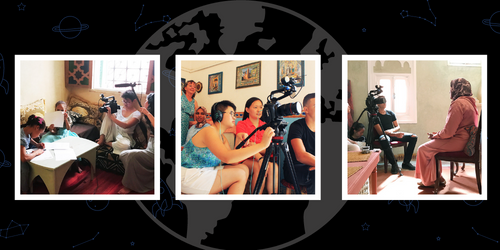
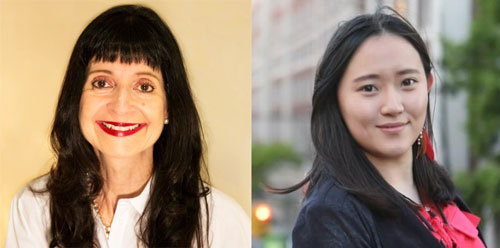
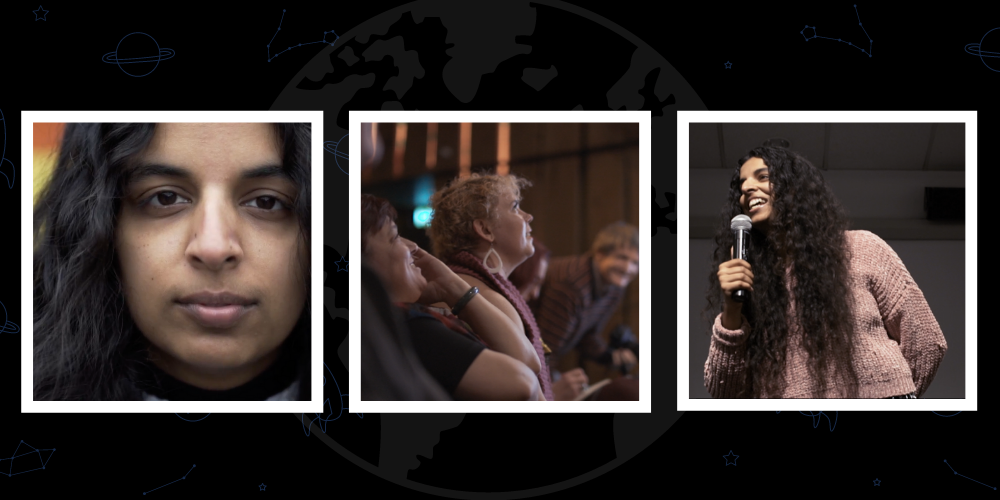
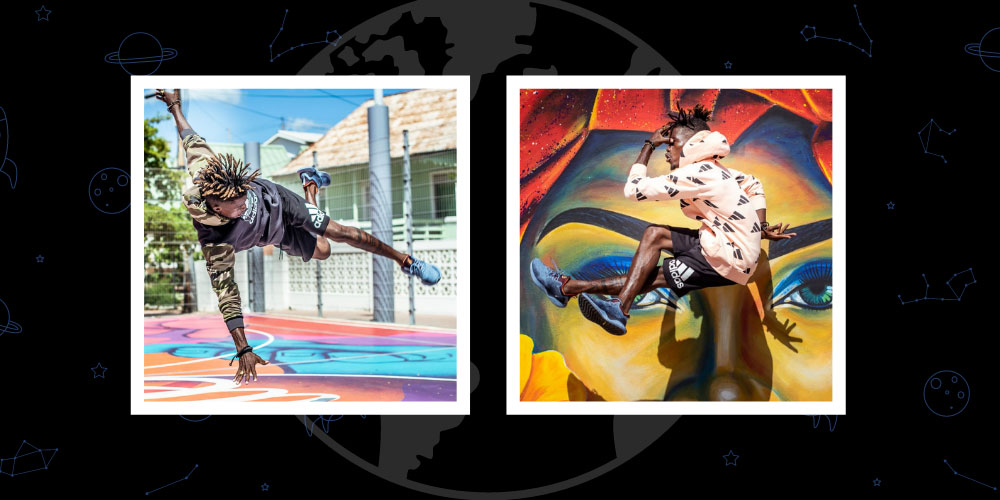
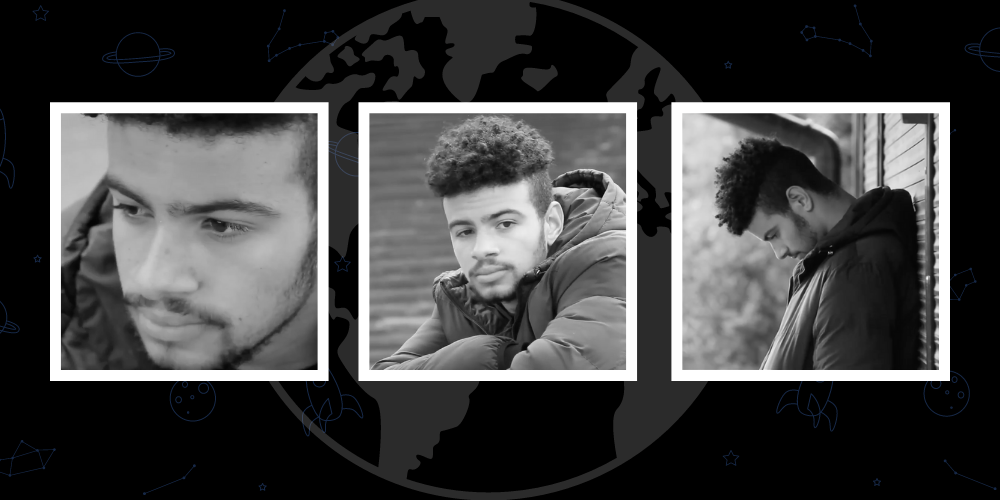

Comentários Recentes